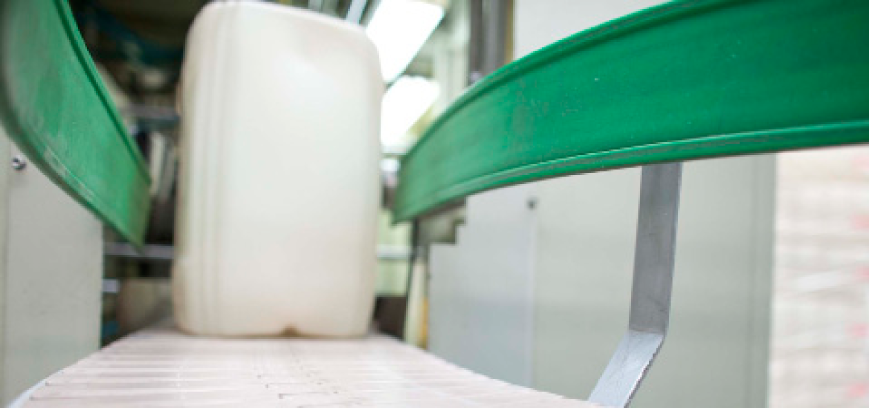Innovation is part of our history
In its 14 years of existence, inpEV has overcome several challenges. Below, the main milestones of our journey.

2001
Creation of inpEV
December 14: constitutional assembly in São Paulo. inpEV is born having as members 7 sector representative entities and 27 crop protection sales and manufacturing companies.
2002
SIC
With 80 SCL receiving stations, the Stations’ Information System (SIC) becomes operational, which computerizes operations at the stations.
2005
DNCL
August 18: The first National Clean Field Day (DNCL) on which date the yearly results of the reverse logistics of empty crop protection packages in Brazil are celebrated. Since then, more than 1 million people have been involved.
2006
Global leadership
Brazil becomes leader in the reverse logistics of empty crop protection packages. The Campo Limpo System gains worldwide projection and inpEV becomes a reference.
2008
Campo Limpo Plastic Transformation and Recycling
- Creation of Campo Limpo Reciclagem e Transformação de Plásticos S.A., a company that closes the management cycle for packages within the chain itself.
- Federal law 11,657 of April 16, 2008 establishes that August 18 is the National Clean Field Day on the National Calendar.
2010
PEA
Start of the Clean Field Environmental Educational Program (PEA) intended for elementary school students in the vicinities of the central stations.
2013
adEV and RIs
- Implementation of the pilot project for the Scheduled Return of Empty Packages (adEV), via web, at seven central stations.
- Systematization of the Itinerant Receipts (RIs) in regions where production levels do not justify keeping a fixed infrastructure.
2015
Campo Limpo Lids and receipt of leftovers
- Inauguration of Campo Limpo Tampas e Resinas Plásticas Ltda. in Taubaté, (SP), a new partner of the Campo LImpo System to recycle package lids.
- Start of the receipt of leftover and improper products (those manufactured and sold on a regular basis, but past their valid date or damaged, which makes them impossible to be used).
